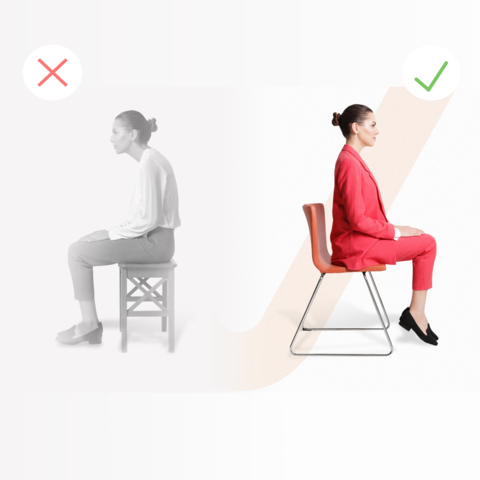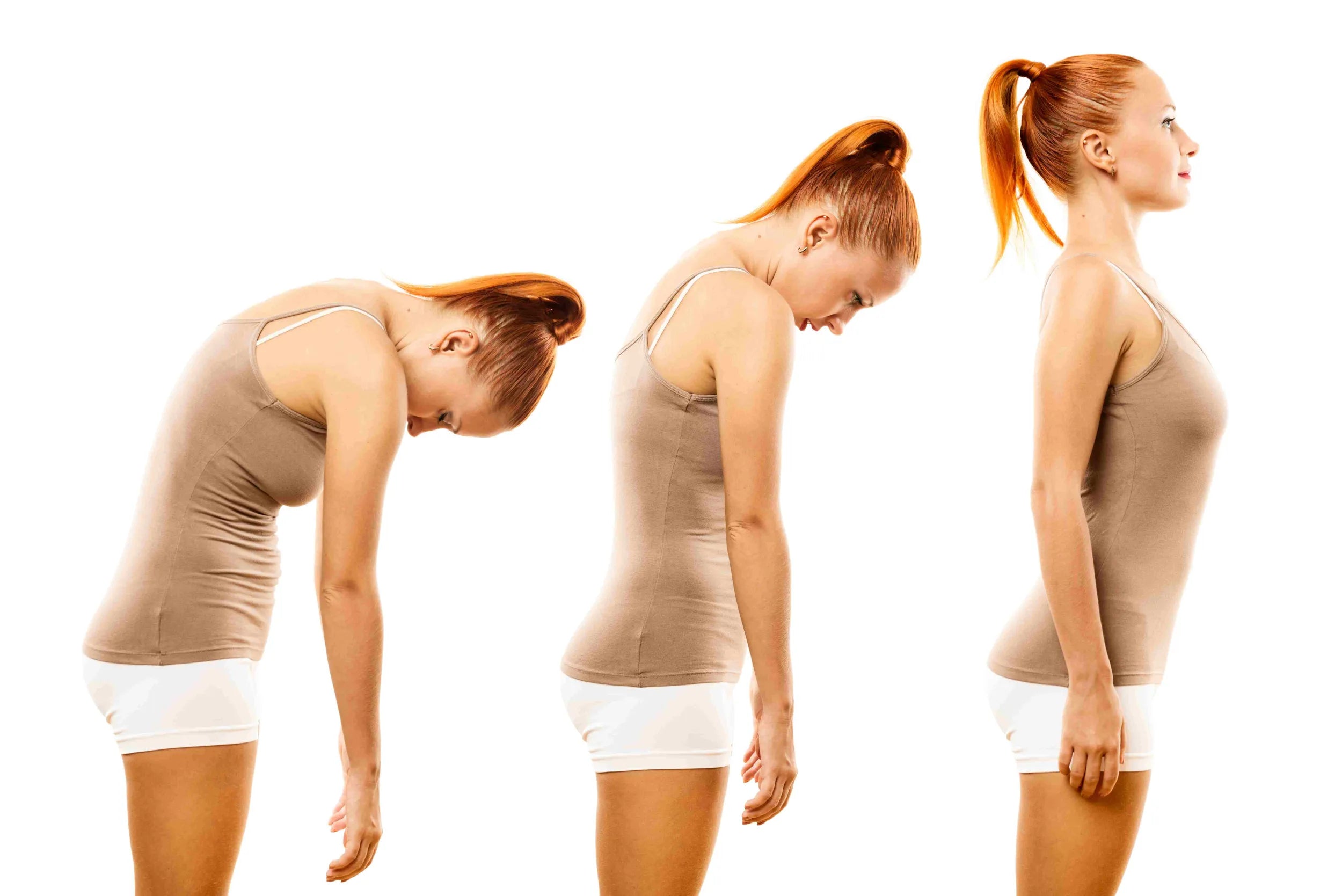In the fast pace of daily life, most of us tend to neglect our bodies. We sit for hours at a computer, bend over our phones, and work in incorrect positions. As a result, poor posture not only causes back and neck pain but also affects our psychological health. But can there really be such a strong link between our body and our mood?
The Interaction Between Depression and Body Posture
Scientific studies highlight certain types of postural disorders that are more common among individuals prone to depression. In particular, hunching, shoulders slumping forward, and head drooping down are posture characteristics associated with low energy, lack of confidence, and depressive mood.
Wilkes et al.:
“An upright posture may increase positive affect and reduce fatigue, especially in individuals with mild to moderate levels of depression.”

According to the Mayo Clinic,
“Poor posture habits can narrow your chest cavity and compress your diaphragm. This can reduce lung capacity, leading to shallow or difficult breathing, fatigue, and low energy levels — all of which may affect your overall productivity.”
Even a simple observation makes this clear: a person who feels good stands tall, lifts their chest, and keeps their head high. In contrast, a person who feels down or depressed unconsciously slumps their shoulders and bends forward. In other words, our body posture is a mirror of our emotional state.
Psychological Benefits of Upright Posture
- Confidence: Standing tall sends a message to your brain that you are strong and capable.
- Energy: Proper posture improves oxygen intake and increases your energy level.
- Focus: When spinal health is supported, mental alertness also improves.
- Mood: Studies show that people who maintain upright posture cope with stress more effectively.
In short, posture correction exercises open the door not only to physical healing but also to psychological improvement.
Modern Life and Postural Problems
Unfortunately, the conveniences of modern technology negatively affect our posture. Working hunched over a screen or looking down at a phone for hours can gradually lead to forward head posture, hunchback, loss of neck curvature, and even spinal deformities. This situation threatens not only the musculoskeletal system but also mental well-being.

What Can Be Done?
- Take short breaks throughout the day and do posture correction exercises.
- Use ergonomic chairs and desks whenever possible.
- Strengthen your back and core muscles with posture-improving movements.
- If necessary, use posture correction devices for support (Kodgem Straight is an AI-powered posture device that reminds you to stand tall and alerts you with gentle vibrations.)
Remember — improving your posture not only relieves back pain but also enhances your mood.

A Natural Solution with Kodgem Straight
Kodgem Straight uses a scientific BioFeedback method to monitor your posture throughout the day and provides gentle sensory alerts when you slouch. Thanks to its mobile app, you can track your progress with detailed graphics.
Maintaining correct posture means more than just good health — it represents confidence, energy, and a better quality of life.
With Kodgem Straight, you too can correct your posture and make a confident new start in life.
👉 Take action now: Discover Kodgem Straight!




Leave a comment
This site is protected by hCaptcha and the hCaptcha Privacy Policy and Terms of Service apply.